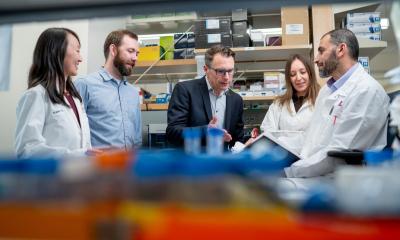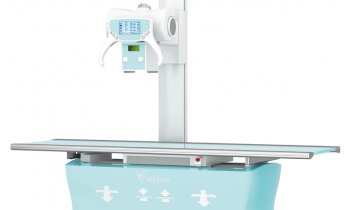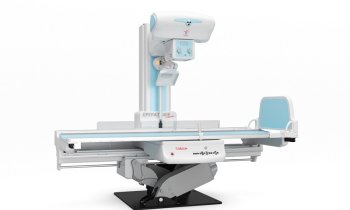Development of Digital Programs as a Mental Health Treatment
Millions of people suffer from mental health problems. Yet very few people can afford treatment. The cost of mental health care is prohibitive to men and women in today's economy, so while many people acknowledge that they can use mental health care treatments, few actually take advantage of it and even fewer have the means to do so.

For researchers studying clinical treatments, that means that the future of mental health care has to be about finding ways to treat disorders at a much lower cost. That's why researchers have been focusing on digital and online methods of delivering treatment.
Recent Research
One recent example is the "Cool Teens" program. This program is designed to teach both teens and their parents how to better cope with anxiety, emulating much of what these teens would learn in a clinical setting. It's not the only new program either, as several different types of eTherapy are starting to hit the market – complete clinical programs, all sold through the Internet or through a DVD.
Digital therapy may be the future of therapy, unless insurance companies start covering mental health treatment at a more affordable price. But while it does represent a potential low cost solution to the high cost of therapy, there are several issues that are making some experts question their validity.
These include:
• Leading Questions – Human beings can listen to a response to a question and ask a subsequent question accordingly, in order to treat the mental health symptoms. But a computer/digital therapy system has no artificial intelligence. If someone provides a dishonest answer, or isn't taking the therapy seriously, or responds in a way that is outside of the computer's coding, the benefits disappear.
• No Accountability – Computers can't hold a patient accountable for their actions or behaviors. All they can do is respond when the person decides to use the program. In many ways, this turns digital therapy into a form of a self-help book – a reference one can go to for tips, advice, or to listen, but not necessarily cure depending on how the person uses the program.
• Emergency Service – Sometimes a person is needed to handle an emergency in a way that these programs can't manage. For example, if a patient is suicidal, or has threatened to hurt another human being, the computer will be unable to respond or try to help the person out of it.
In addition, developers of this type of treatment will have little way to track the outcomes of their patients. The Cool Teens program is showing success in the early stages of research, but it's difficult to tell what affects the program has over placebo, how parent involvement may be affecting outcomes, and whether or not the program is even being used as it's meant to be used. Without this type of strict, empirical evidence – not just for the Cool Teens program, but for any program that may be released as a method of controlling the symptoms of anxiety and other mental health issues – the long term success of these programs is going to be unknown, and one can be sure that other companies without as stringent guidelines will try to cash in on the marketplace without giving their own systems much thought.
So while online treatment options represent a potential solution to the rising cost of healthcare, they're a solution that has far more questions than answers – questions that will persist until a near-unrealistic amount of research is conducted. Until then, it's likely that those suffering from mental health problems will need to continue to seek out treatment elsewhere.
####
Information about "Cool Teens".
09.02.2012











